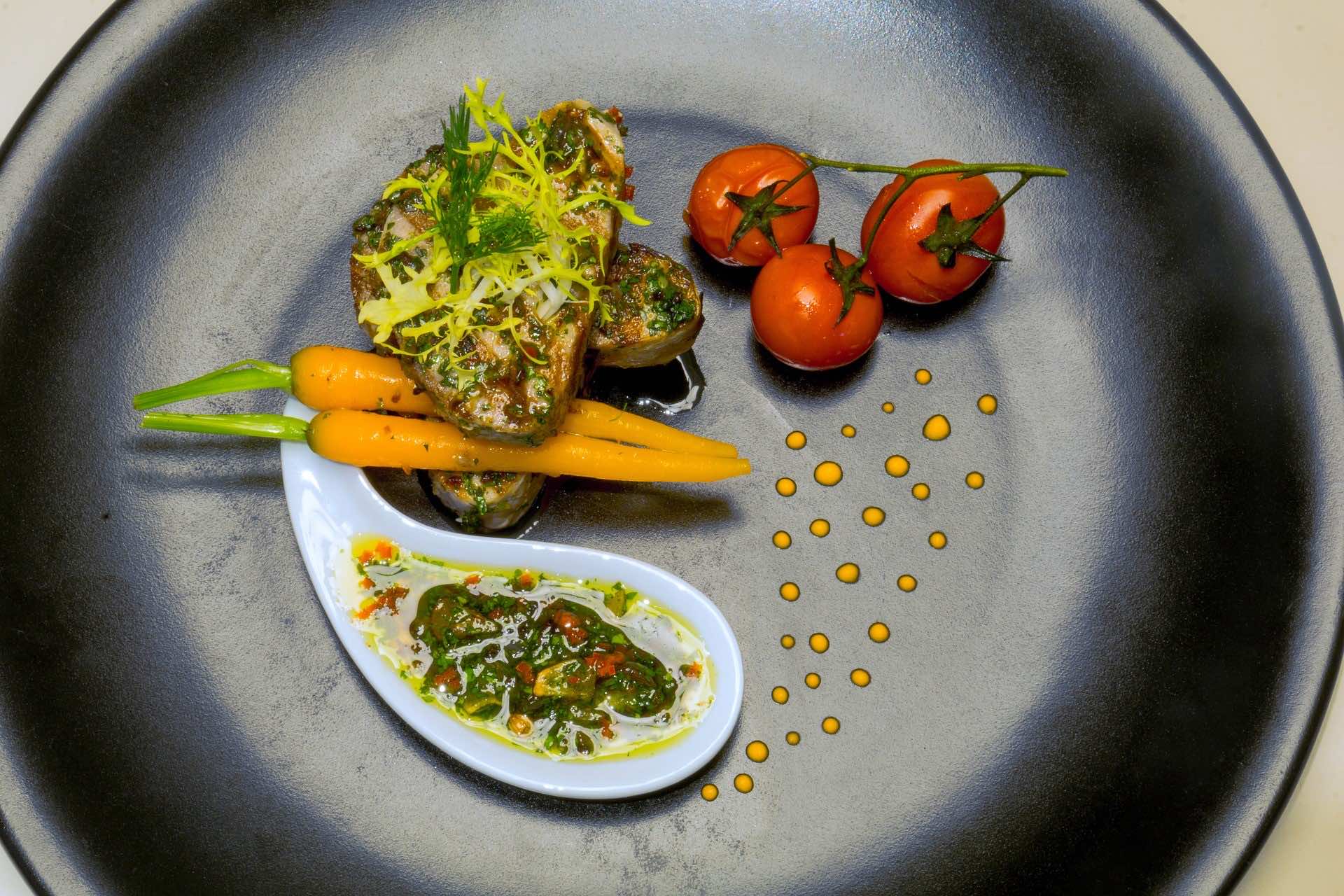Ramdan’s Iftar and Suhoor menu are very diverse. After a long day of fasting, families gather around the Iftar table. The latter is filled with lots of tasty food and drinks to celebrate the conclusion of their long day of fasting.
The Iftar table during Ramadan contains dishes that satisfy all tastes. Harira Soup, Chebakia, Almond Briouat, Chicken Briouat, Pancakes (Baghreer), Rghaif, Msemen, Sellou, Chicken, or Seafood Bastilla, Tajine or Fish, and the list goes on.
It is challenging to resist all these mouthwatering meals. However, to get the best out of the health benefits of fasting, you must not surrender to the sweet taste of Chebakia! Instead, the holy month of Ramadan can be an excellent opportunity to make several changes, particularly in eating habits and poor lifestyle choices. This can be accomplished through adopting dietary guidelines to regain health and well-being.
Dietary Guidelines for the Month of Ramadan
It is important to eat a nutritious and balanced Iftar to boost your energy level. You can do so by preparing food in a healthy way and avoiding meals and drinks which are harmful to the body and lead to increased thirst.
Avoid eating excessive amounts of sweets after Iftar
Part of Ramadan customs and traditions includes enjoying sweets after Iftar. However, nutrition experts recommend avoiding foods that are high in sugar, as they contain low nutritional value and are rich in high calories. These turn into accumulated fat and consequently cause you to gain weight and may also lead to health problems if consumed daily throughout the month of Ramadan.
To curb the craving for sugar, you can always eat natural fruits. Like watermelon, cantaloupe, peaches, or nectarines. They are rich in natural sugar, help you stay hydrated, and do not cause weight gain.
You can also eat dried fruits such as dates, walnuts, and almonds, which are also excellent nutritional supplements and will keep you feeling full and energized for the long hours of the day.
Avoid foods that contain large amounts of salt
Salty foods increase thirstiness during the fasting hours and retain fluids in the body as they contain a lot of sodium. High sodium consumption can raise blood pressure, which can lead to heart disease and stroke, according to the Centers for Disease Control and Prevention, the national public health agency of the United States.
Try to avoid eating salted nuts, pickles, and potato chips, reduce the amount of salt added to food and keep salt off the table. Adopt home cooking and buy products that contain less sodium.
Avoid soft drinks and processed fruit juices After a long day of fasting and feeling thirsty, you might be tempted to drink a cold glass of soda. These sweetened beverages are loaded with sugar and substances harmful to the body. They may lead to weight gain and diabetes.
Natural juices are an ideal alternative to these unhealthy drinks.
Avoid greasy and fried foods

While there is no doubt that these foods taste delicious, they are not the healthiest choice for Iftar. The consumption of high-fat and fried foods is linked to several negative health effects. They contain a high number of calories, resulting in possible weight gain.
They are not easily digested and can increase the risk of heart disease, strokes, and obesity.
Therefore, it is recommended to replace frying with cooking food in the oven or air fryers, methods that use little or no oil.
Avoid food that contains refined carbohydrates

Evidence-based research in nutrition reveals that the main food sources of refined carbohydrates are white flour, white bread, white rice, pastries, sodas, snacks, pasta, and sweets.
Refined carbohydrates lack fiber, vitamins, and minerals. They are easily digestible, which results in overeating and obesity.
Eating a meal high in refined carbs is certainly not a good choice during Ramadan. They make you full for a short time, then trigger hunger and cravings.
Read Also: 4 Tips For Healthy Fasting Ahead of Ramadan
















